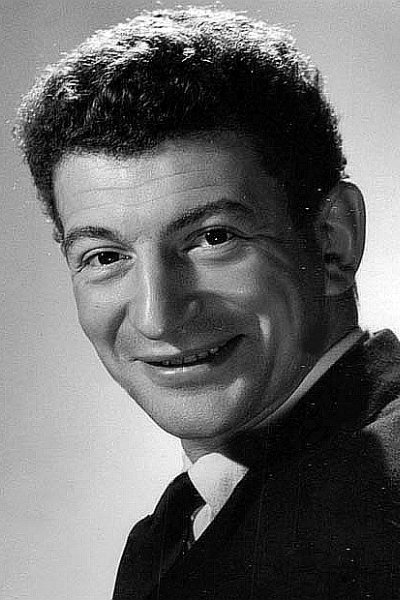
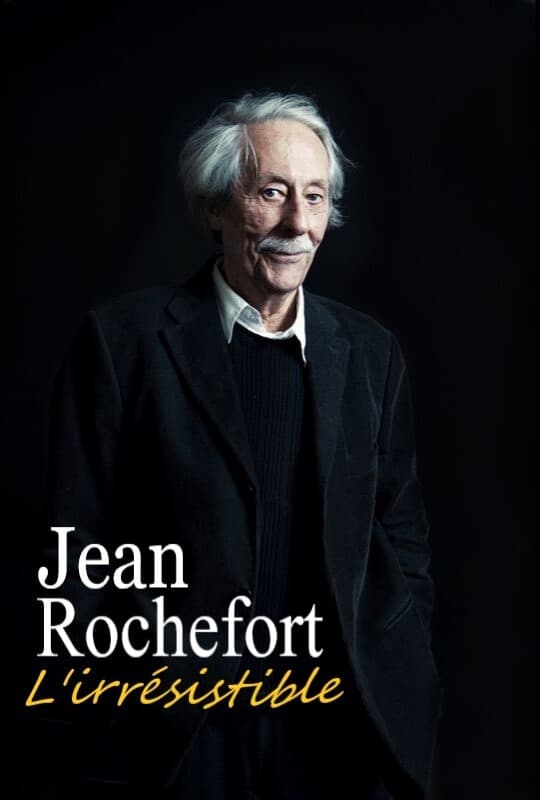
If Jean Rochefort remains so dear to our hearts, it is because this extraordinary actor alone embodies a cinema and a France imbued with freedom and carelessness. Through his films, archives and the testimony of those close to him, we discover a complex man, a sad clown saved by his taste for words and for fun.
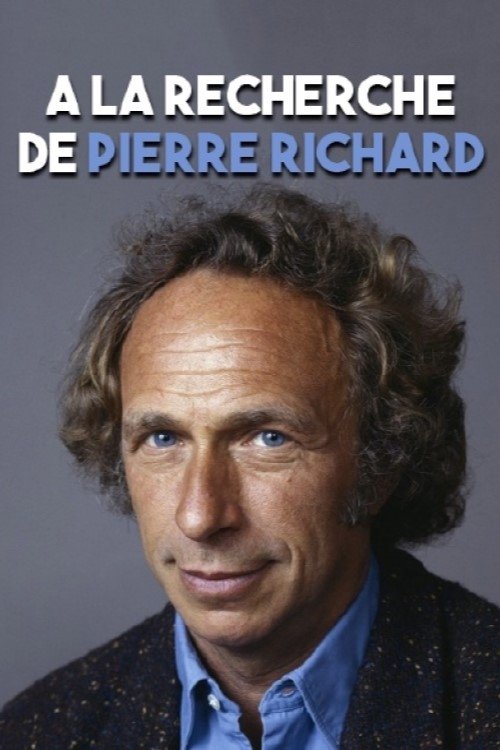
Follow in the footsteps of burlesque actor Pierre Richard, a key figure in French cinema in the 1970s and 1980s.

Marguerite Mercier is a retired seamstress who lives in an old apartment.A real estate agent has come to her apartment looking for Mr. Alphonse Caron, the companion of Marguerite who died some years again.Marguerite has made up a lot of excuses.But Leon , the cabinetmaker of the neighborhood says Marguerite that she must find a fake husband.So Marguerite proposes Leon to be her fake husband.The real estate agent comes again and Leon transformed in Alphonse asks him to go away.In a park Marguerite and Leon meet a boy Sebastien ,who falls from a skate roller and his little sister Stéphanie.They go to the hospital with them.There Marguerite knows Véronique , the mother of the children
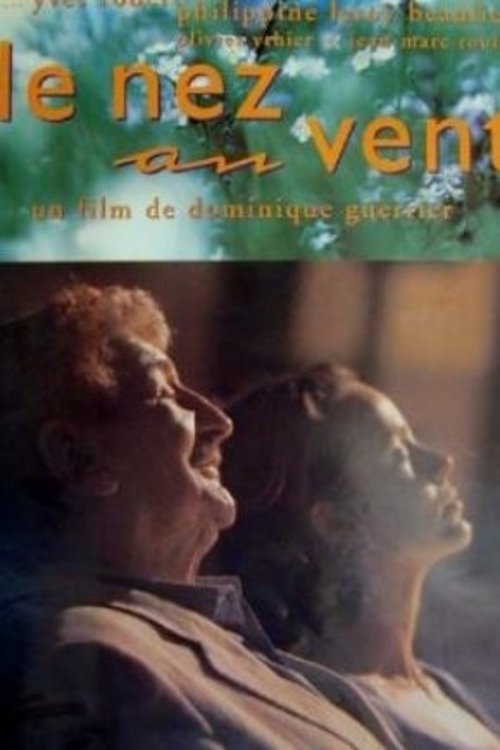
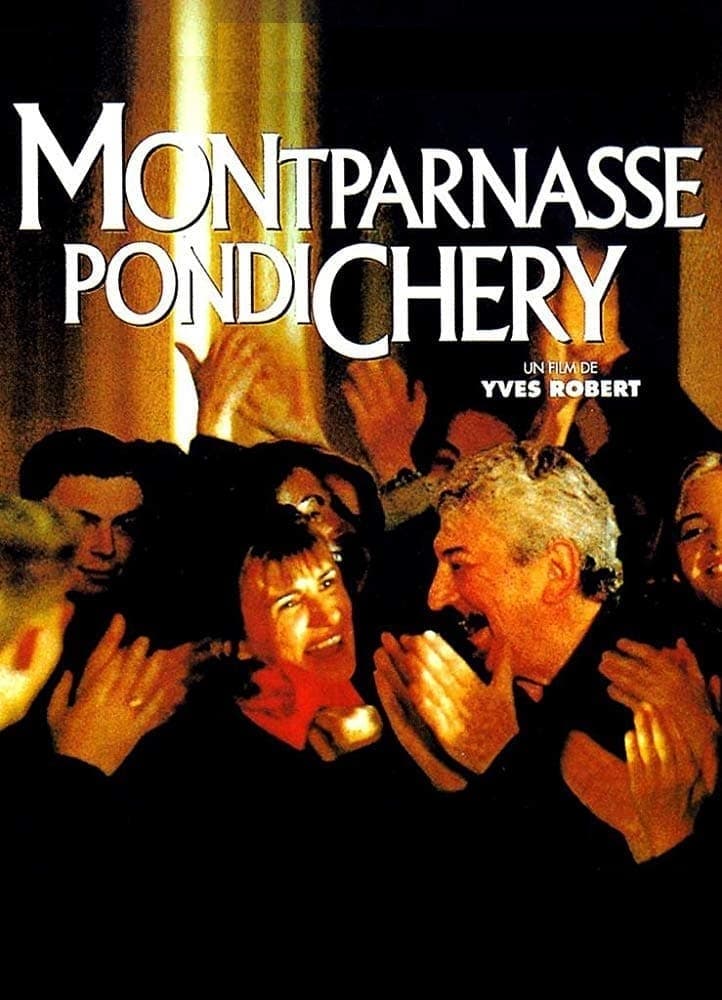
After raising her daughter, one would think that Julie's life was rather full. However, she recently got an offer from the French consul to a mission in Pondicherry, India to teach her skills to Indians. She can only do this if she gets her high-school diploma, something she neglected to do earlier. The idea of this new post motivates her to rectify her youthful omission, and she goes back to school in Montparnasse. Just before classes are to start, her current boyfriend's condescending ways prove too much for her, and she breaks up with him, reacting to that by getting drunk. Thus, when she has to take the subway to school on the first day, being unfamiliar with the route and somewhat the worse for wear, she gets lost. Fortunately, she meets an elderly man, a retired musician for the Paris Opera, who is headed for the very same destination. The two form a relationship of mutual encouragement and support.
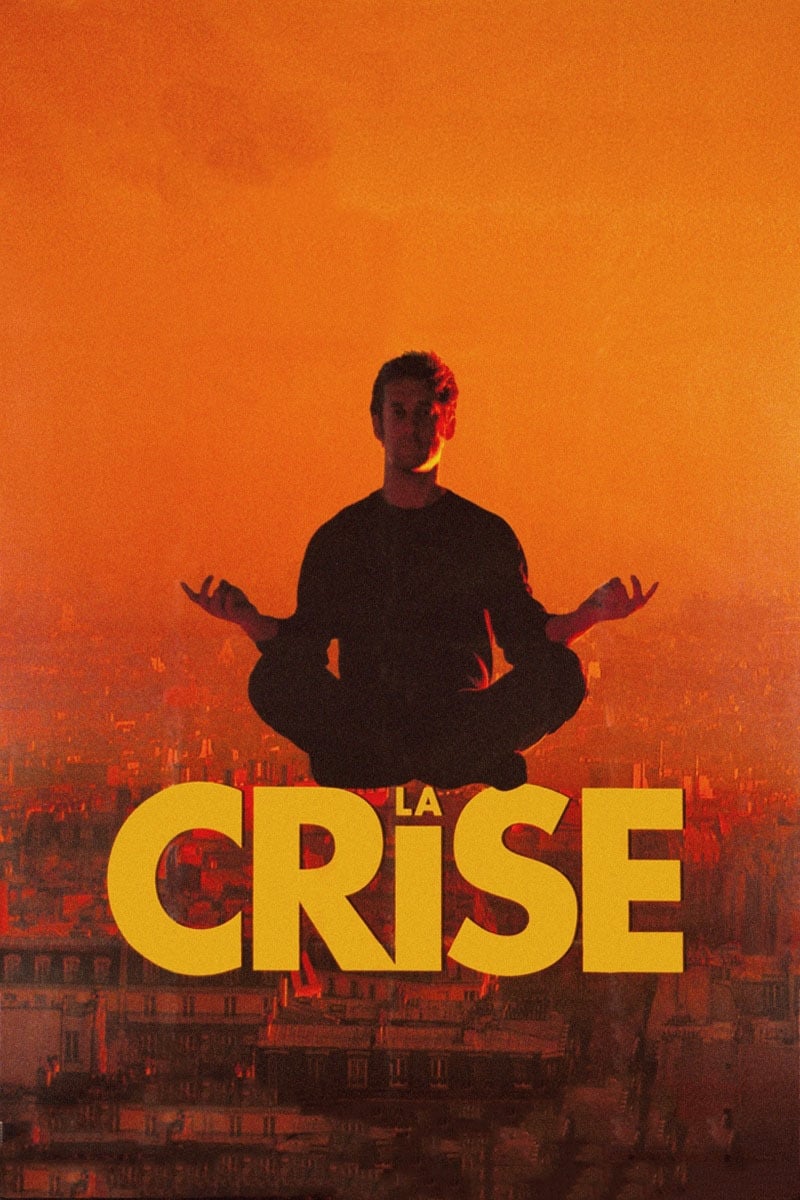
Victor is a legal advisor who finds himself abandoned by his wife and fired the same day. He tries to seek comfort from different friends and family members, but everyone he meets is concerned with their own problems. His morale begins to falter when he realizes that no one cares about him.
Yves Robert (19 June 1920 – 10 May 2002) was a French actor, screenwriter, director, and producer. Robert was born in Saumur, Maine-et-Loire, France. In his teens, he went to Paris to pursue a career in acting, starting with unpaid parts on stage in the city's various theatre workshops. From ages 12–20 he set type as a typographer, then studied mime in his early 20s. In 1948 he made his motion picture debut with one of the secondary roles in the film, Les Dieux du dimanche. Within a few years, Robert was writing scripts, directing, and producing. Yves Robert's directorial efforts included several successful comedies for which he had written the screenplay. His 1962 film, La Guerre des boutons won France's Prix Jean Vigo. His 1972 film Le grand blond avec une chaussure noire won the Silver Bear at the 23rd Berlin International Film Festival in 1973. In 1976, Un éléphant ça trompe énormément, starring his wife, earned him international acclaim. Robert's 1973 devastating comedy Salut l'artiste is considered by many performers to be the ultimate film about the humiliations of the actor's life. In 1977, he directed another comedy, Nous irons tous au paradis, which was nominated for a César Award for Best Film. In 1990, Robert directed two dramatic films, My Mother's Castle (Le château de ma mère) and My Father's Glory (La Gloire de mon Père). Based on autobiographical novels by Marcel Pagnol, they were jointly voted "Best Film" at the 1991 Seattle International Film Festival, and received rave reviews. Over his career, he directed more than twenty feature-length motion pictures, wrote an equal number of scripts, and acted in more than seventy-five films. Although his last major role was perhaps in 1980, A Bad Son by Claude Sautet, as the working-class father of a drug-dealer, he continued acting past 1997. Robert played opposite Danièle Delorme in the 1951 play Colombe (Dove) by Jean Anouilh. They married in 1956, and jointly formed the film production company La Guéville in 1961. La Guéville also released several films by Monty Python and Terry Gilliam, which was very influential into establishing the comedy troupe to French audiences. He died in Paris on 10 May 2002 from a cerebral hemorrhage. He was buried in Montparnasse Cemetery with the epitaph "A man of joy ...", where visitors leave buttons of many colors.[citation needed]He was survived by Danièle and two children, Anne and Jean-Denis Robert, by first wife, actress Rosy Varte. That month's Cannes Film Festival paid homage to his contribution to French film. Source: Article "Yves Robert" from Wikipedia in English, licensed under CC-BY-SA 3.0.
By browsing this website, you accept our cookies policy.